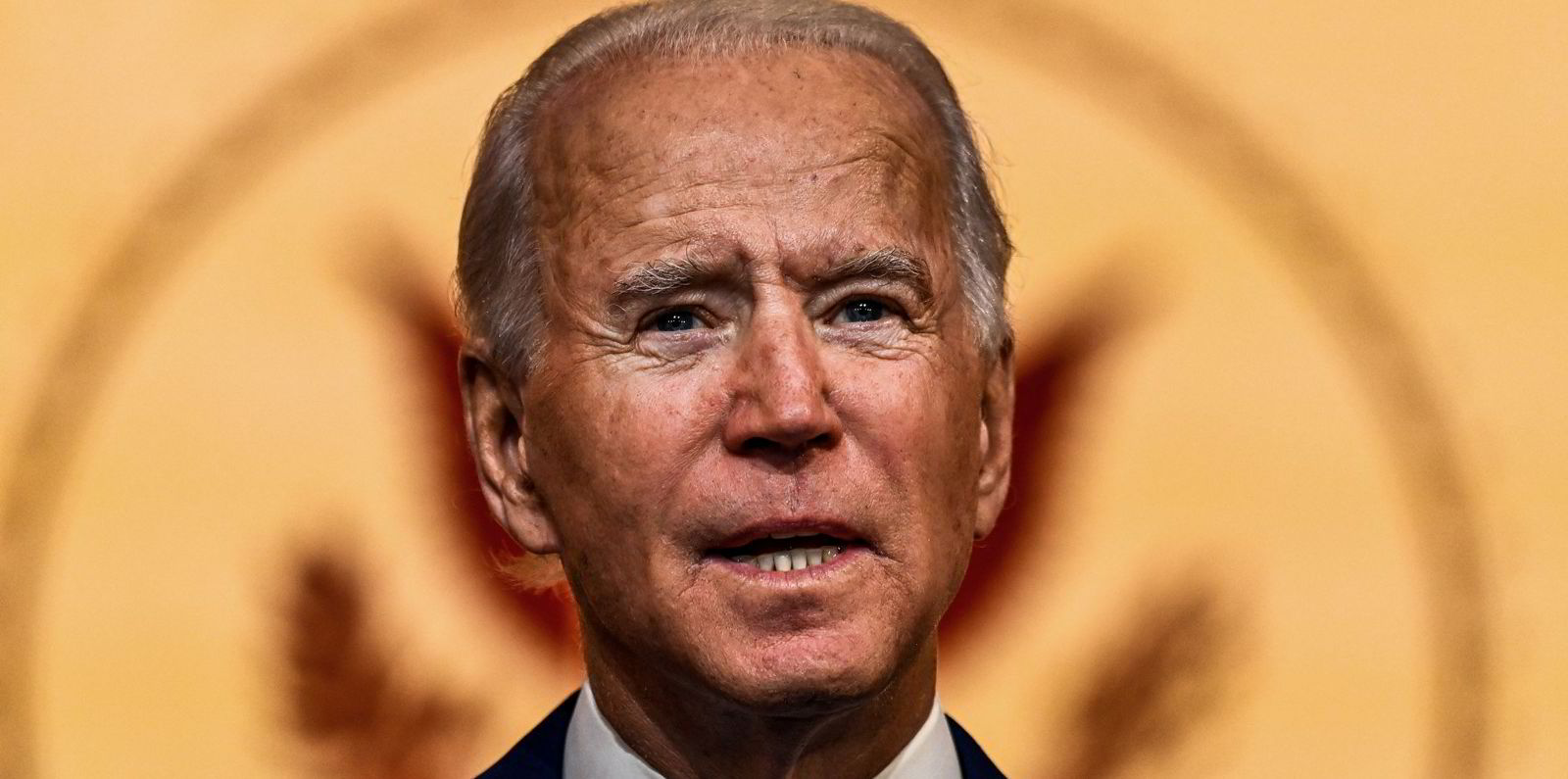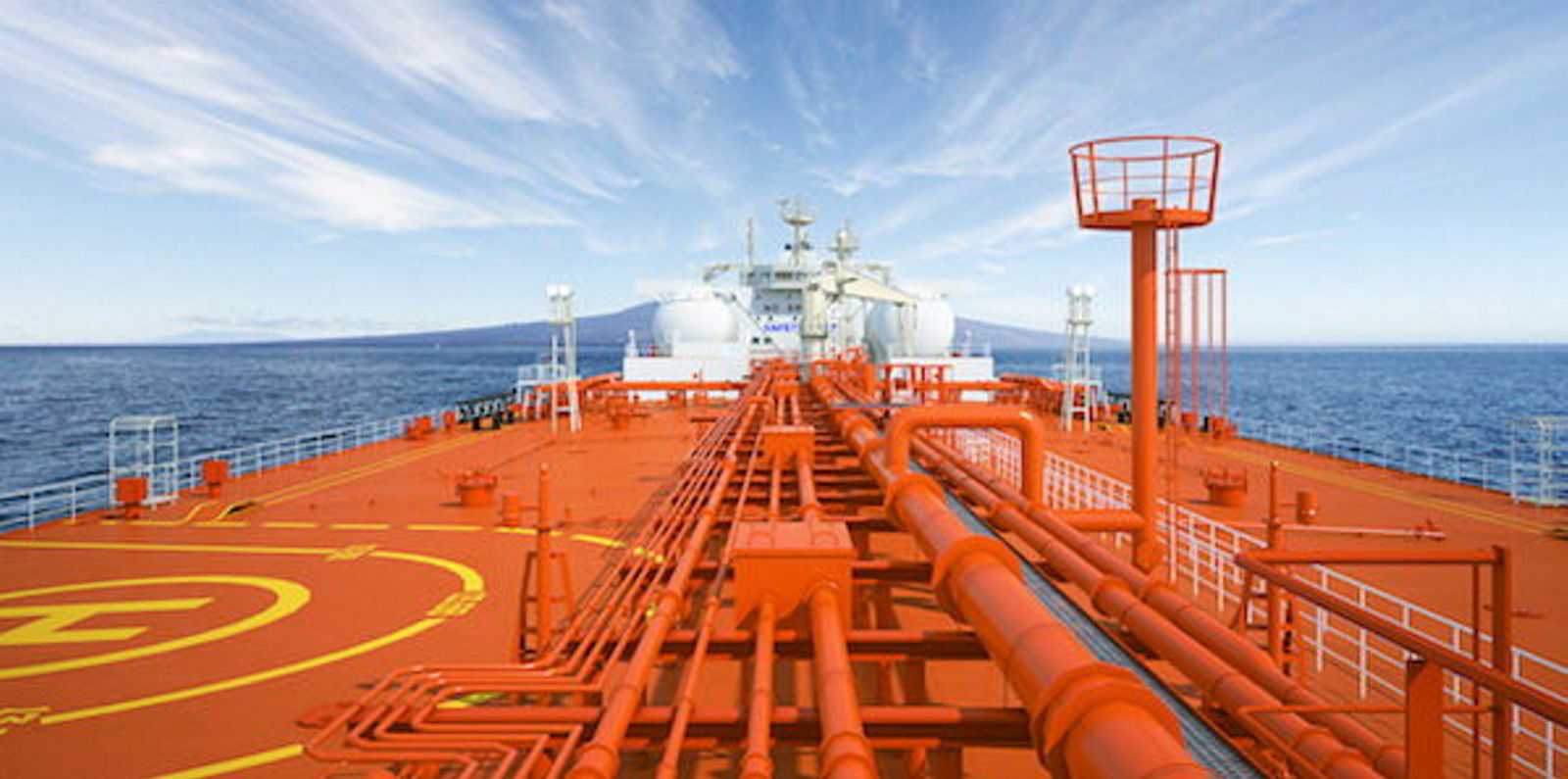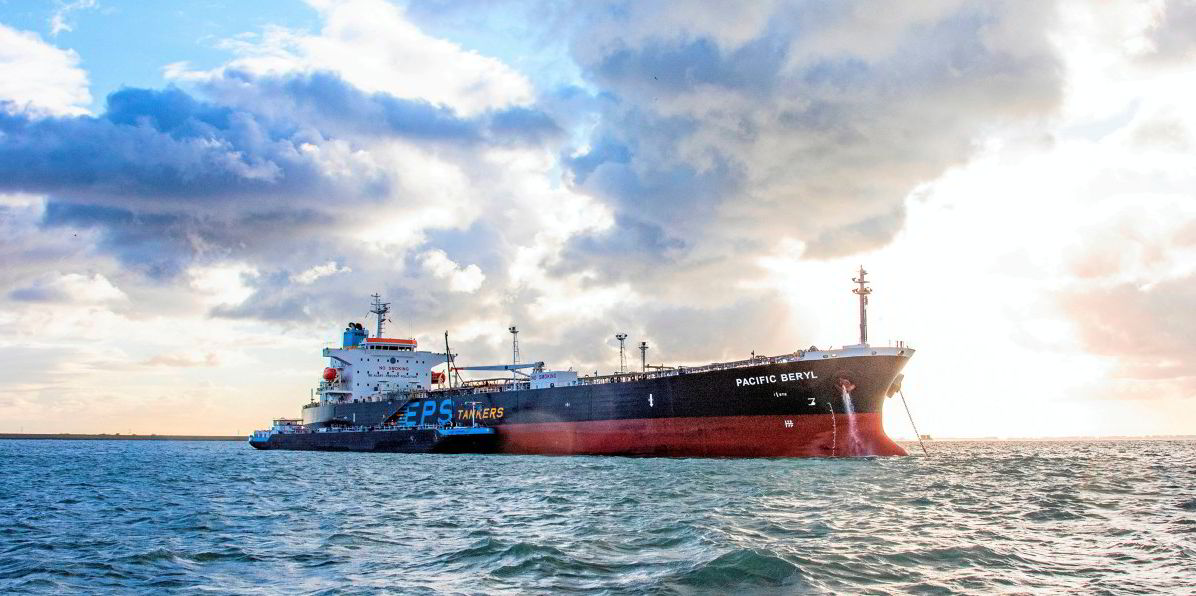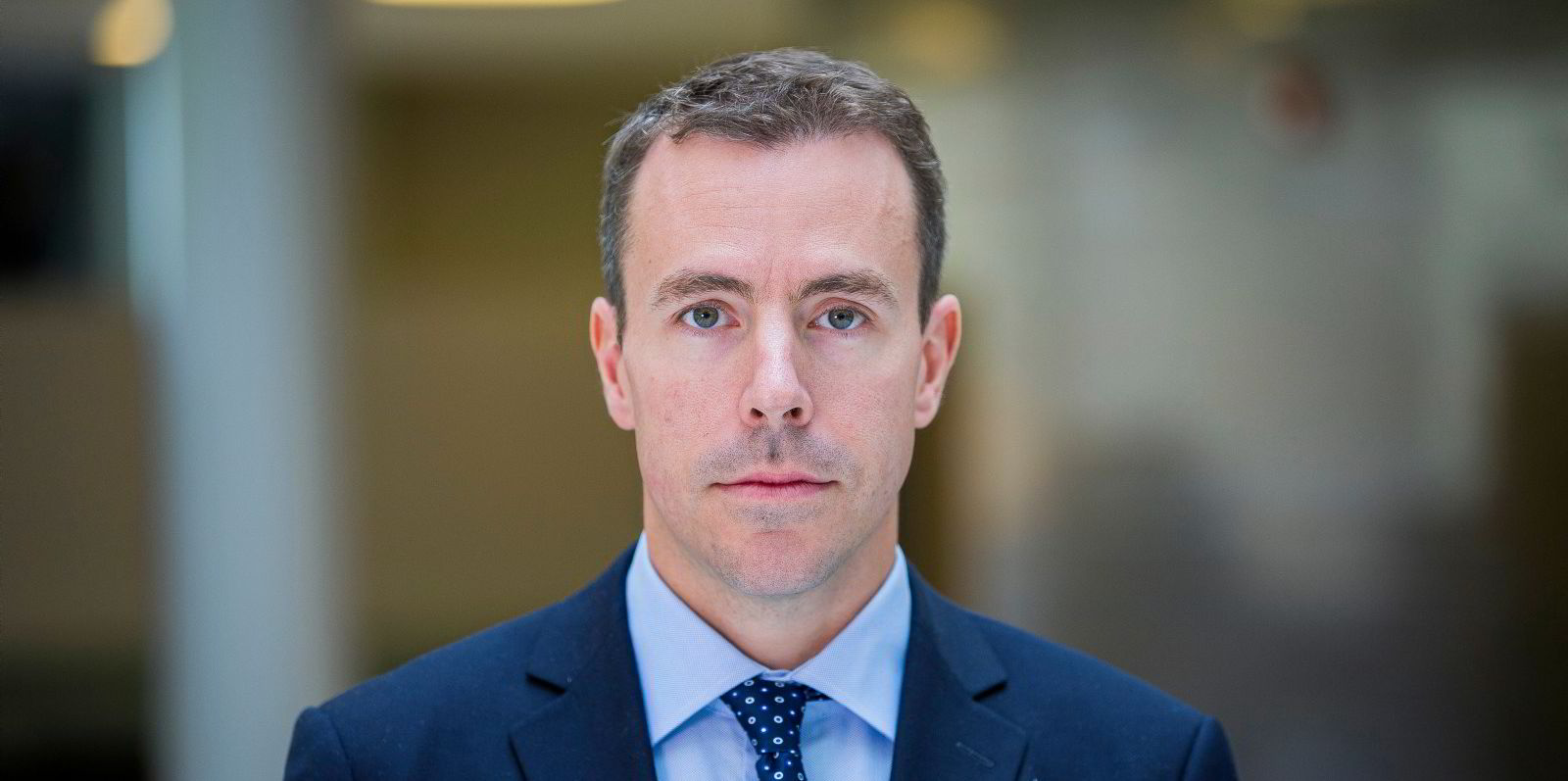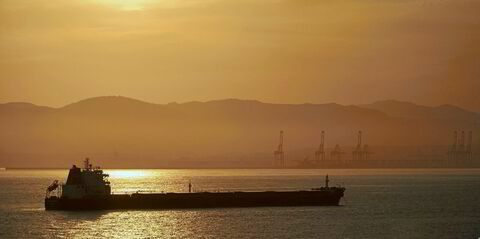With oil prices hitting seven-year highs on Tuesday, it is no surprise that tanker owners are being told to pray for a "black swan" event to bail them out.
It is not a direct correlation, of course, but soaring crude costs generally dampen industry and consumer demand, resulting in a negative impact on shipping.
High oil prices are also bad for the wider maritime community, pushing up the cost of bunkers and feeding more inflation into the wider economic system.
Brent blend hit $88 per barrel on Tuesday, close to levels not seen since 2014, when oil reached $115. Plenty of analysts think crude will break through the $100 mark, even though the US Energy Information Administration predicted last week that prices would moderate this year as inventory restocking picked up.
Meanwhile, tanker owners have been in the doldrums for some time after the heady days of spring 2020, when US oil prices dropped to zero.
That led to the most unholy scramble for tonnage as traders sought to buy, ship and store crude on land and at sea ahead of the expected price upturn.
Oil demand is generally expected to rise in 2022 as the travel industry and other sectors of the economy begin to expand after the worst of the pandemic seems to be over.
But tanker owners have partly sabotaged their ability to take advantage of this by over-ordering: more new tonnage is set to come down the slipway.
The Baltic Dirty Tanker Index has been tumbling along at a miserable 700 points and most shipowners in the spot market are operating at a loss.
No wonder Nordic Shipholding is calling it a day and selling off the last of its three tankers.
One area where there could be a bright spot, according to Rystad Energy, is shuttle tankers, which are needed to serve new oil production from fields in countries such as Brazil, which does not have pipeline infrastructure.
Conversely, the populist government in Mexico has changed tack in favour of "energy independence", meaning it wants to build refineries and halt crude exports.
Energy independence
Poten & Partners in New York has warned that this could have significant negative implications for international crude and product tankers. Much will depend for tanker owners on where Mexico's existing customers go to find alternative supplies.
So while the container sector basks in record freight rates and under-capacity, tanker owners are left aimlessly kicking sand on the beach.
"Critically, some form of 'black swan' event would be needed to propel tanker rates to near-record levels, and, given the current geopolitical environment, such an event is not inconceivable" but "quite unlikely", argues London-based Gibson Shipbrokers.
A potential embargo on Russia resulting from Vladimir Putin's changing sabre rattling on the border of Ukraine to a full invasion could be a catalyst, muses the shipbroker — the kind of political spat that put a halt to dry bulk shipments from Australia to China.
This tied up 40 vessels at anchorage or in port and forced traders to switch to other parts of the world for supplies and led dry bulk rates to rocket early last year.
In fact, an invasion of Ukraine by Russia would have the opposite impact. It would raise geopolitical tensions and raise oil prices, at least in the short term.
What could change the picture for the tanker market would be Opec dropping its current production restraints, or, even better, US President Joe Biden securing a "nuclear deal" that would enable him to drop sanctions on Iranian oil exports.
In the meantime, Biden may be tempted to release more oil from the US strategic petroleum reserve to dampen domestic petrol prices.
But for now, it would seem tankers are indeed waiting for the arrival of that black swan. After all, there is still a chance that China will invade Taiwan, or the unpredictable Donald Trump will win back the presidency from the floundering Biden.
Neither event should be ruled out. But equally, neither should be wished for — even by desperate tanker owners.
